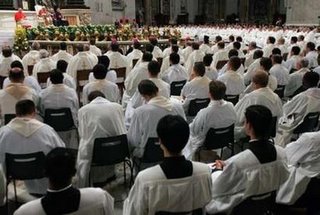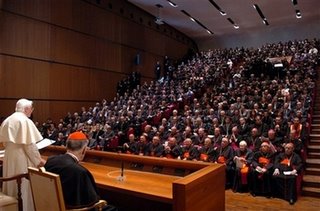An indulgence is the remission of the temporal punishment due to sin, of which the guilt has already been forgiven (through Confession). It is not permission to sin nor a pardon of any future sins. Indulgences don’t forgive sins because it only removes the temporal punishment of forgiven sins. It does not remove the possibility of lapses into sin.
A universal indulgence is granted anywhere in the world while a local indulgence applies to only a specific place or area. A perpetual indulgence is one that may be gained at any time while a temporary indulgence only is available for certain times, for example, like certain indulgences for the Holy Souls in November.
A plenary indulgence is the complete remission of the temporal punishment of sin. Temporal punishments only “cancel out” a certain amount, of which only God knows. If more temporal punishment remains, more indulgences or time in purgatory (which is also biblical) is required in order to reach the perfection of Heaven. I highly suggest that you read The Raccolta: A Listing of Indulgences
Please also realize that many older documents like holy cards and prayer books would have a certain length of time printed on them. For example, a prayer could say it is a 300 day partial indulgence. However, realize that time does not exist in purgatory or Heaven or hell. The Church has never taught that if such a prayer was said, the person would get 300 days off of purgatory time. An indulgence is only reduced as God sees fit. In order to clarify this very complicated matter, the Church just stopped putting a length of time on partial indulgences following Vatican II in 1969. The dates corresponded only to early Church practices. Since it was so misunderstood, it was changed to allow people to understand it better.
For an indulgence to be granted, a person must be in the state of grace by the completion of the indulgence. The person must also want to gain the indulgence. Conditions for plenary indulgences are more difficult; the individual also must go through Sacramental Confession and Eucharist within seven days as well as saying prayers for the Pope (Apostles Creed, 1 Our Father, and any other prayers). The person must also relinquish all attaches to all sins – even venial sins. If a person does not meet the plenary criteria but meets the criteria for a partial indulgence, the individual will obtain the partial indulgence. A plenary indulgence can be gained only once a day unless the person is in danger of death.
Indulgences for the Rosary:
Plenary: Prayed privately or in common before the Blessed Sacrament (exposed or in the Tabernacle)
Partial: Praying using a blessed Rosary
Plenary: Prayed in Church, family group, or religious community. Prayed vocally and all five decades continuously. One must meditate on the mysteries of the Rosary. If it is publicly recited, the mysteries must be recited.
Remember to pray for the deceased. We can gain indulgences not for a living person but rather for a deceased person!
















